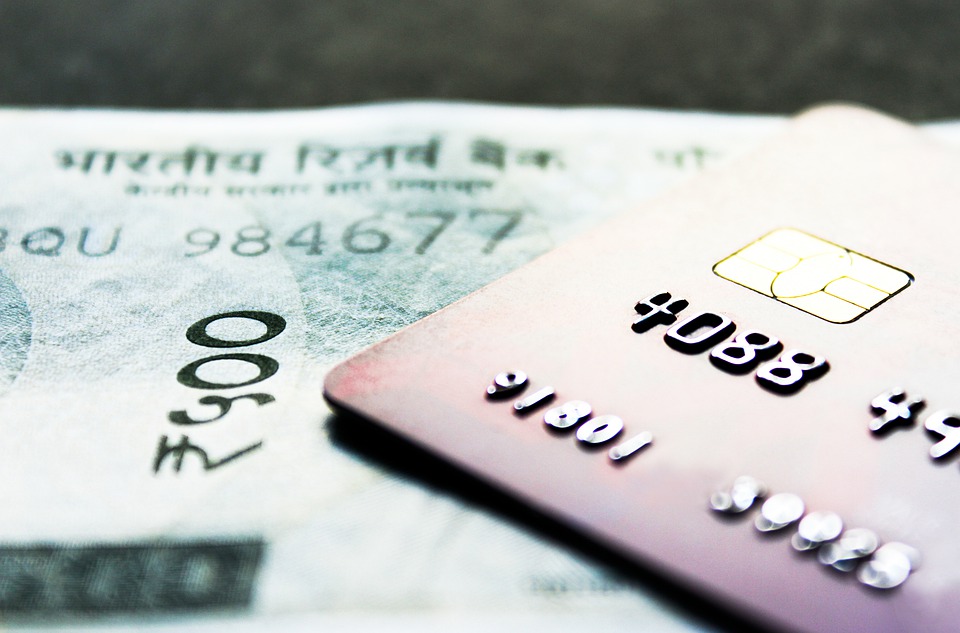Also read: Are fixed deposit your safest bet
CIBIL score is a three-digit credit rating provided by Credit Information Bureau (India) Limited (CIBIL), a government agency. CIBIL score ranges between 300 to 900, with 900 depicting the highest credit worthiness.
CIBIL score is based on the credit history of the person including previous repayment history of loans and credit card bills. The rating helps banks and other financial institutions evaluate loan applications and intent/capacity for repayment in future. Banks prefer a score of 750 and above for extending loans, primarily unsecured loans.
Being the principle determinant for approval of loan applications and better interest rates, it is highly important to monitor the CIBIL score carefully and take concrete steps to maintain it. Read below to find out how to maintain or improve your score like a pro;
Don’t make multiple loan inquiries in a short span of time
As per RBI guidelines, banks are required to check the CIBIL score for every loan application before taking a decision. Thus, in turn, every inquiry or loan application that you make gets recorded with CIBIL and does not go down too well with your score. Too many inquiries depict a credit hungry behavior, and banks may turn down your application despite you having the intention and capability to make good the repayments on time.
Also, in case your application has been rejected by a bank, then avoid going to another bank for the loan immediately as the chances are that the new bank will reject your application as well, based on your low credit score and the previous rejection. Here, it is important to first improve your score.
Don’t take too many unsecured loans
There are two types of loans – secured and unsecured. It is always better to maintain a mix of both. Too many unsecured loans might lead banks to decline any further application. Credit card also falls under an unsecured loan.
Pay your loans on time
This one is quite obvious and primitive. Be prompt with repayments of your loans and credit card payments or otherwise ask your bank to help you restructure your loan. It’s also important to pay all your bills in full and on time. Make sure you pay at least five working days before the deadline and ten days in case you are making the payment through cheque. Financial discipline greatly helps to maintain the CIBIL score.
Credit Utilization
Poor Credit utilization ratio takes a huge plunge at your CIBIL score. But first what is a credit utilization ratio? It is a relation between the credit card balance and total credit limit, and the rule is 30%. Keep a check on the utilization of the card and never exceed more than 30% of credit utilization limit. For instance, if the limit of your card is Rs 1 Lakh, then it is advised not to spend more than Rs 30,000 from the card. Using the card to its full limit signifies poor financial management and a possibility of not being able to pay the debt in time. Thus, always use your card responsibly, and in case you need to spend more, it is advised to get one more credit card or get the credit limit enhanced.
Pay your credit cards on time
Clear off the outst anding dues on your card promptly and before the due date. The unpaid outst anding amount can dent your rating hugely. Moreover, it is advised to always possess a limited number of cards to keep a check on your spending instincts and makes it is easier to make payments for due amounts on time.
Keep the oldest credit card account intact
It is believed that the credit card that is not in use should be deactivated. But the reality is that a good credit card account with strong repayment history can help to maintain a better CIBIL score. CIBIL score is positively impacted by how long you have been using the card provided repayments have been made on time, and proper credit utilization ratio is maintained.
Get a secured credit card
In case your CIBIL score is not good enough to get you a credit card, you may try applying for a secured credit card. Unlike the normal credit card which is an unsecured loan, a secured credit card is issued against an asset (such as fixed deposit account) which can be forfeited in case of non-payment of dues. All the leading banks offer a secured credit card which can be utilized to build a healthy credit history and better credit score provided you make payments on time.
Pre-payments
Although contrary to the general belief, pre-payments can adversely affect your score as it depicts unstable financial position and lack of financial management. A sudden repayment turns the bank suspicious of the transaction, affecting your credit score in return.
Be careful when taking guarantee for someone else
Don’t become a guarantor for other’s loans without properly pondering upon the same. In case the other person commits a default, your credit rating will also be impacted negatively.
Check your credit report regularly
Obtaining and checking credit report is vital for first it lets you know what information/transactions are impacting your score and you can take actions accordingly. Secondly, it helps to detect any reporting errors (example a loan that has been already paid is still showing as due) or suspicious activity (example a credit card that you don’t own). You can contact your bank or file a dispute with the bureau and get it sorted and improve your score immediately.
In case you are looking to improve your score, the above tips will come in h andy but remember it takes a few months for the scores to improve.
Also read: Alternatives to fixed deposits in India


























